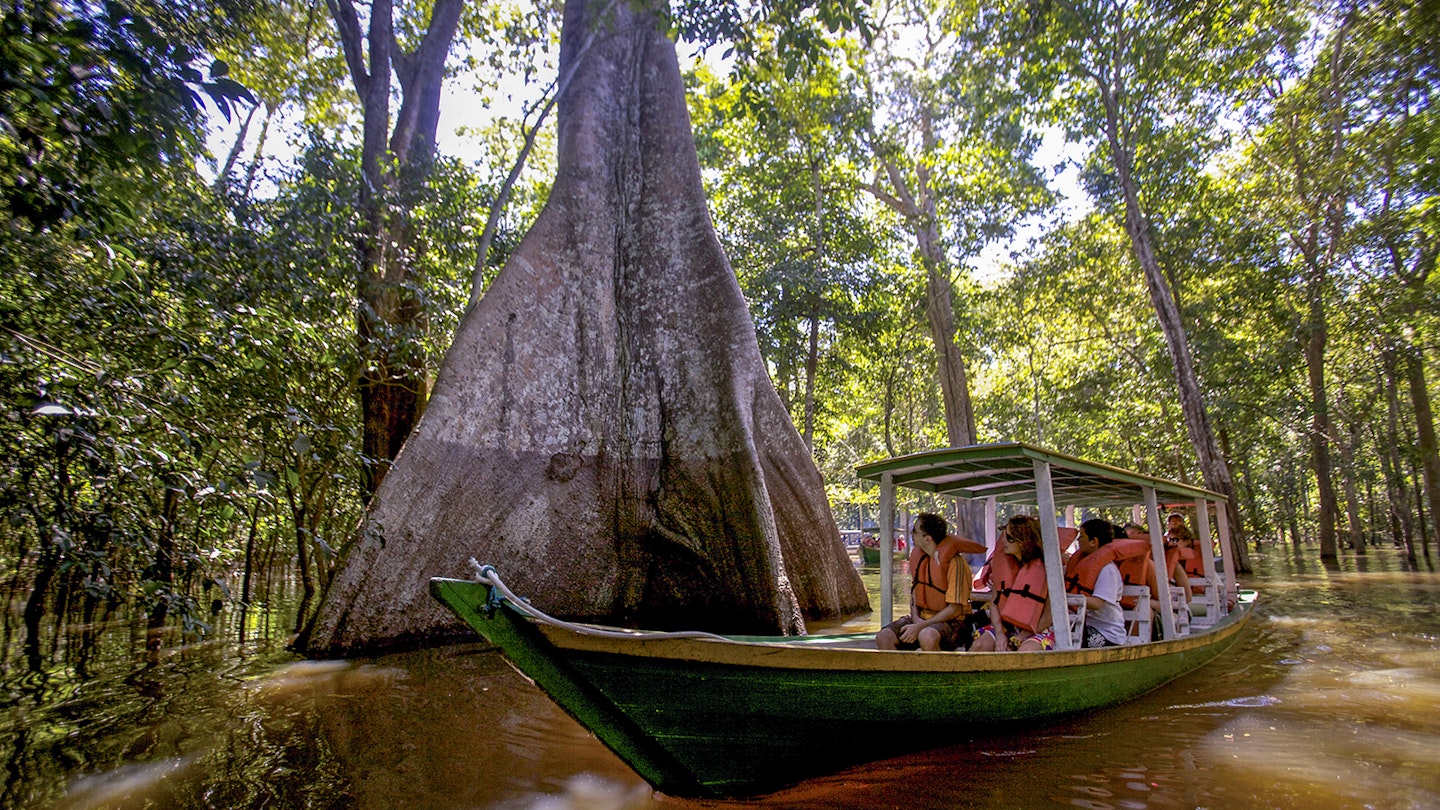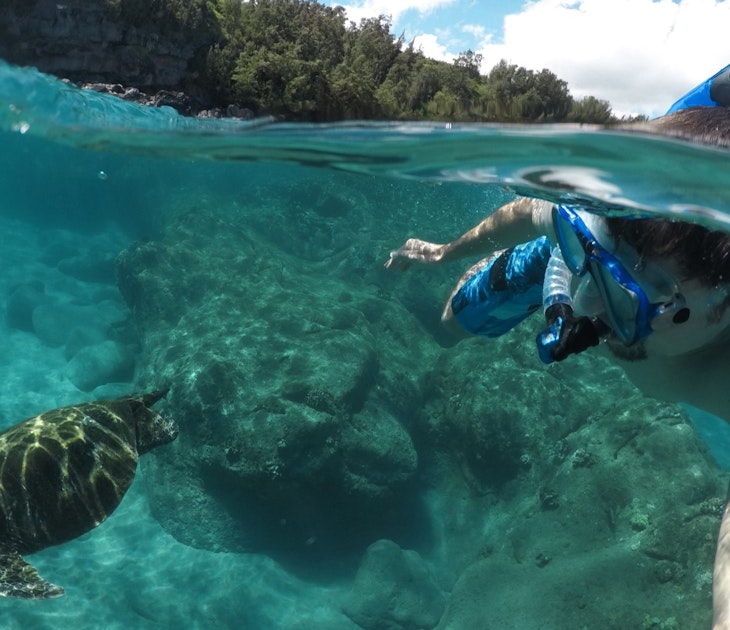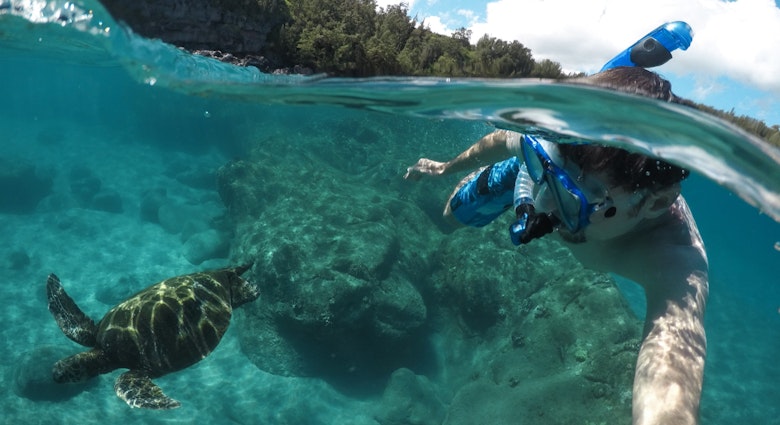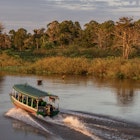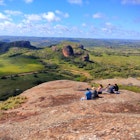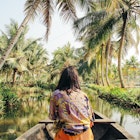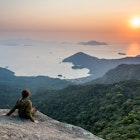The Amazon basin is a marvel of the world and the imagination, an ecosystem of unrivaled size and diversity, and a place of near mythical status among travelers. The Amazon River has more water than the next eight largest rivers combined, and is twice the area of India, and the basin spans eight countries.
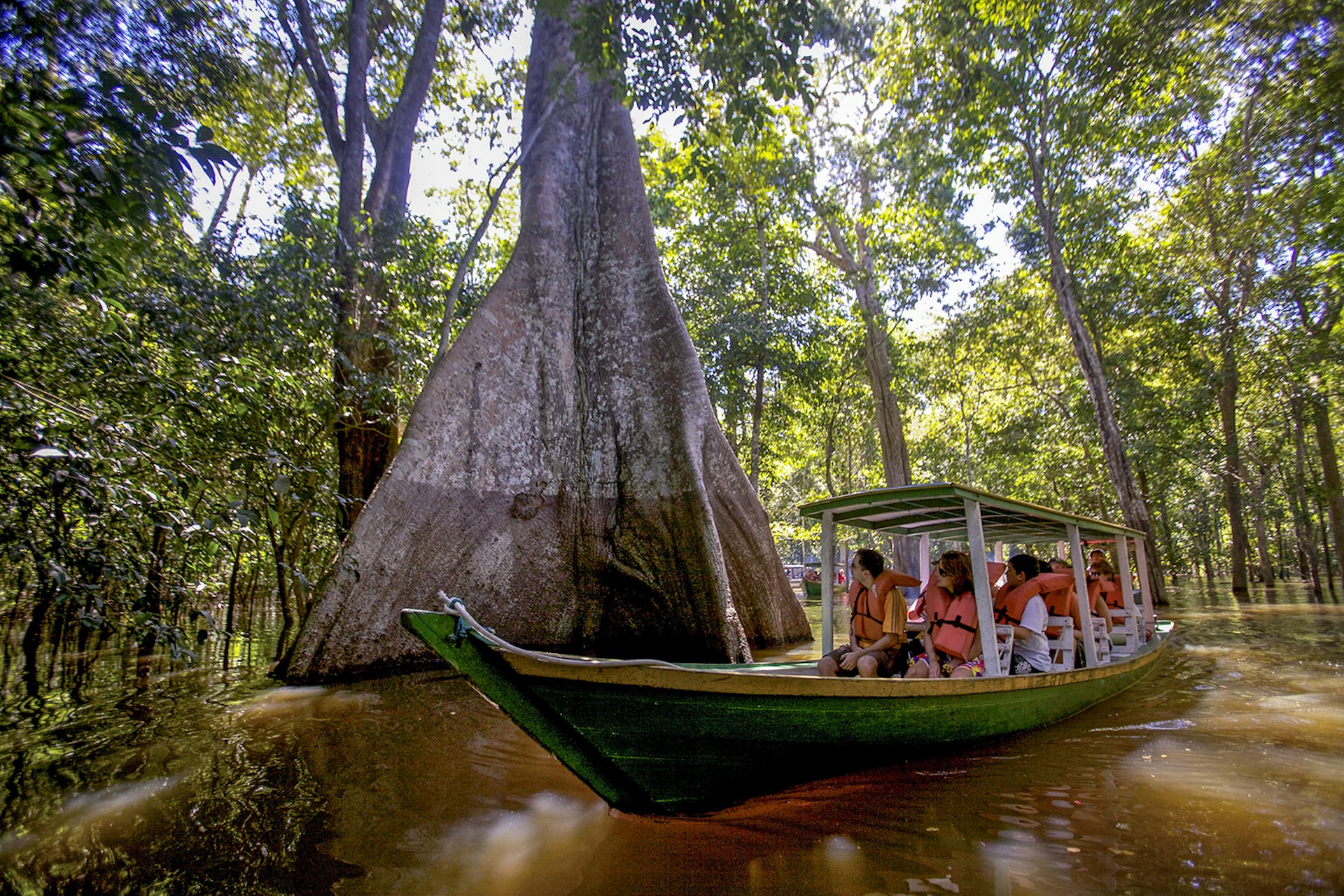
It’s a life spring of the planet, the source of so much of the air, water and weather we all depend on. However, unreasonable travel expectations – like seeing jaguars around every bend – can be a recipe for disappointment. For all its size, the joys of the Amazon are mostly subtle: the ghostly roar of howler monkeys, the remarkable variety of plant life, the kindliness of riverside communities and the quiet but awesome power of the river itself. Here we focus on the accessing the Amazon in Brazil.
When to go
May to June is a great time to visit, being midway between the rainiest months (February to April) and the hottest driest ones (September to November). It’s also when the water level in the Amazon River is highest and the surrounding forest is flooded. The Amazon rises and falls by an amazing 12 to 15 meters annually, and few experiences are more sublime, or uniquely Amazonian, than gliding silently in a canoe through the flooded forest. That said, the dry season is attractive for its clear weather and opportunities for long hikes.

Amazon experiences
A common way to experience the Amazon is at a ‘jungle lodge’. Most lodges feature private rooms, family-style meals and daily excursions, but amenities such as en suite bathrooms and 24-hour electricity vary. Many lodges include a chance to sleep in the forest, whether just a night at an established camp or hiking for two or three days on a ‘survival tour’. Near Manaus, Amazon Antonio Jungle Tours and Amazon Gero Tours have good lodges and reasonable rates. Upscale options in the same area include Juma Lodge and Anavilhanas Lodge. And one of the best lodges in the entire Amazon is Uakari Lodge in Mamirauá Reserve.
Riverboats offer another way to see the Amazon – chugging along the river, stopping for excursions, sleeping on board. The boats vary in creature comforts, from hammocks to deluxe berths, and trips typically last five to 10 days. Reliable operators include Amazon Eco Adventures, Lo Peix and Amazon Brazil Jungle Tours.

Tree climbing and sport fishing are also popular in the Amazon, and can be arranged as day trips or as part of a lodge or boat tour. For tree climbing, try Tropical Tree Climbing or Amazon Tree Climbing; for sport fishing, try Maia Expeditions, all in Manaus.
There are a handful of activities virtually every visitor to the Amazon does. The most memorable are long hikes or canoe trips to enjoy and learn about the forest, and hopefully spot some wildlife. You may also visit the home of a local family, spend a night in the jungle, and do fun stuff like piranha fishing and caiman spotting. Always confirm what activities are included in a tour before booking.
How long to visit
For most people, a week is a good amount of time to enjoy and experience the Amazon. Accounting for two to three days of travel and transfers, that leaves four to five days for excursions and activities. If you’ve got more than a week, consider splitting your time in different areas of the Amazon rather than spending it all in one place.

Where to go
Manaus is the region’s largest city, and the quickest and easiest route into the jungle. You’ll find many good tour operators here, from budget to upscale. The flip side is that tours tend to be more crowded, and the surrounding area is less pristine.
If you’re willing to add a leg your journey, there are some outstanding options in other areas. One of the best is Mamirauá Reserve, located 675km upriver from Manaus, outside the small city of Tefé. There’s just one lodge there (Uakari Lodge), and visits can be pricey, but between the comfortable lodging, highly skilled guides and the reserve's stunning richness, you can hardly do better.

About 600 km downriver from Manaus, the small town of Alter do Chão is the jumping-off point for boats trips along the Rio Tapajós (a major tributary of the Amazon), including fascinating visits with local rubber-tapper communities. Alter do Chão itself is famous for its white sand beach and bohemian air. Mae Natureza or Areia Branca Ecotour offer recommended tours.
Getting there
Manaus is serviced by direct flights from all over Brazil, and even Miami. You can also get there by boat from anywhere on the Amazon, including Belém and Porto Velho, but be prepared for a long trip (two to five days).
You can reach Tefé and Alter do Chão by air or by boat. For Tefé, most flights and boats connect through Manaus. For Alter do Chão, catch a plane or boat from Manaus or Belém to the city of Santarém, and take a bus or taxi from there (35km). Speedboats are available between Manaus and Tefé, and are faster than an ordinary boat but cheaper than a plane.
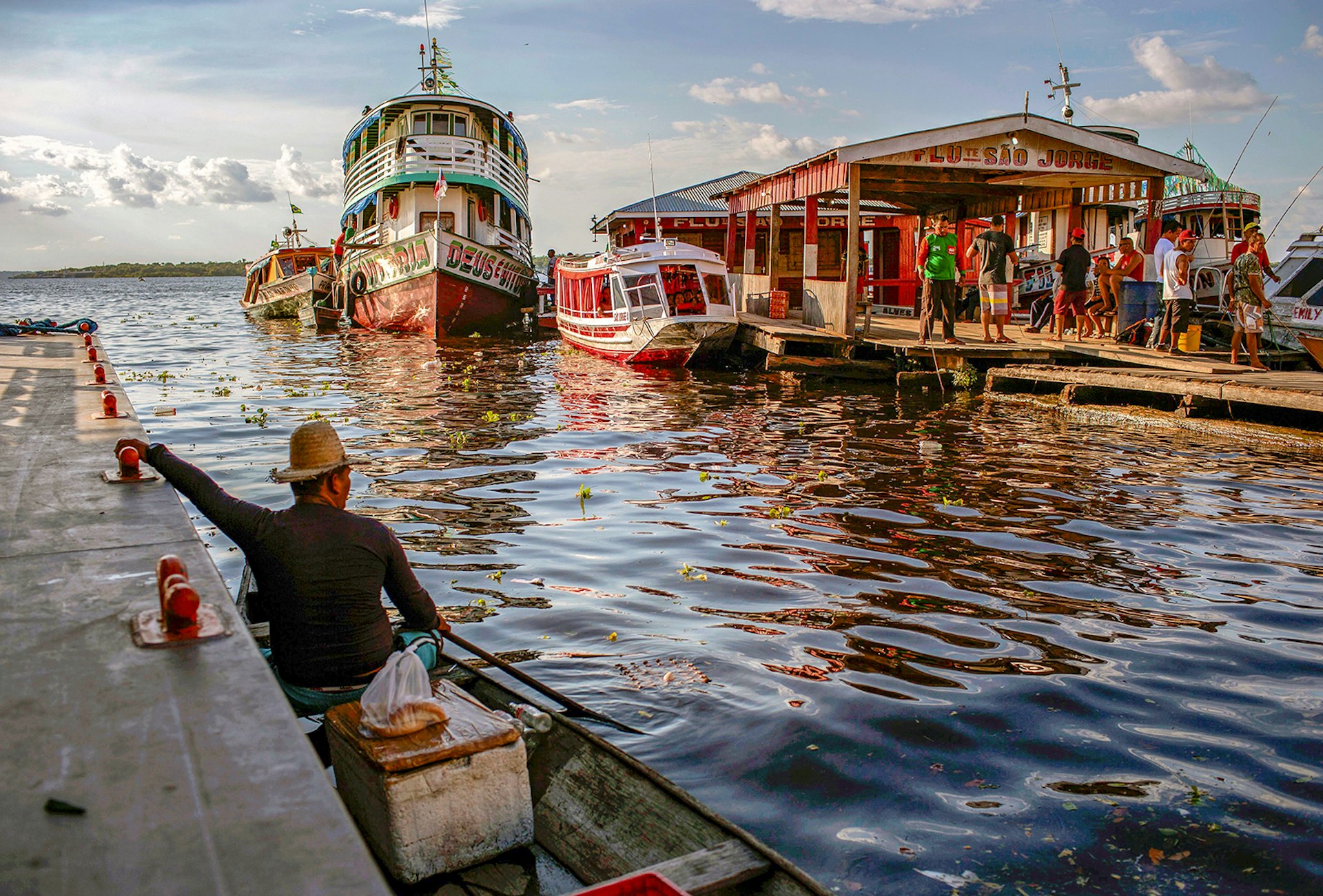
Flying is, of course, much quicker than taking a boat, and sometimes not much more expensive. Then again, long distance boat travel is an experience unto itself: chugging along for days at a time, sleeping in hammocks, and whiling away the hours with other passengers. You won’t see much in terms of wildlife or scenery though, as the boat follows the huge main channel.
Costs
Most jungle lodge and riverboat packages are priced ‘per person/per day’ (pp/pd) and include lodging, food, water, guides, excursions and transfers. Reliable budget lodges average US$75 to US$125 pp/pd, while riverboats and more deluxe lodges run US$150 to US$250 pp/pd and up.
This article was updated by Tom Le Mesurier in October 2018.
Make sure you're ready for anything with travel insurance from our trusted partners.
